UArizona Vaccination Site Tops 100,000 Doses Administered
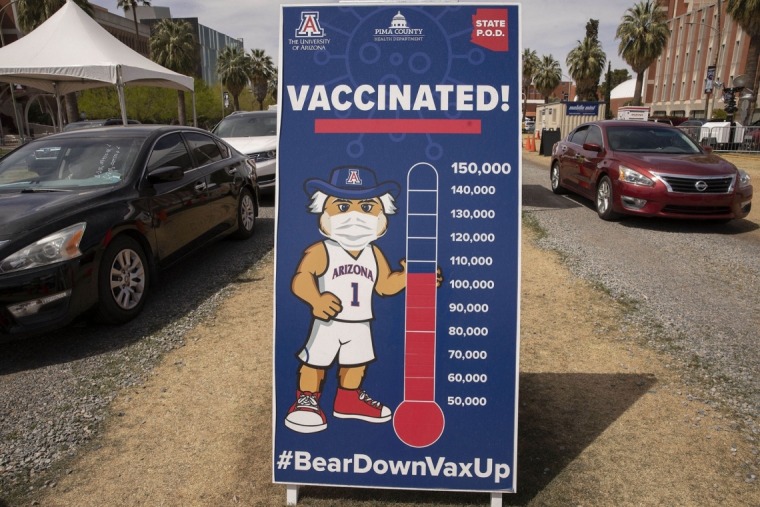


A new University of Arizona Health Sciences-led study aims to develop a novel dietary assessment mobile app for researchers to use that will help study participants more accurately track their saturated fat and added sugar intake. The app will prompt participants multiple times a day to report their recent intakes from a list of commonly consumed foods and beverages that contribute the greatest amounts of saturated fat or added sugar in the American diet. The resulting data will give researchers a more accurate picture of food consumption, allowing them to make better recommendations to improve health and wellness.
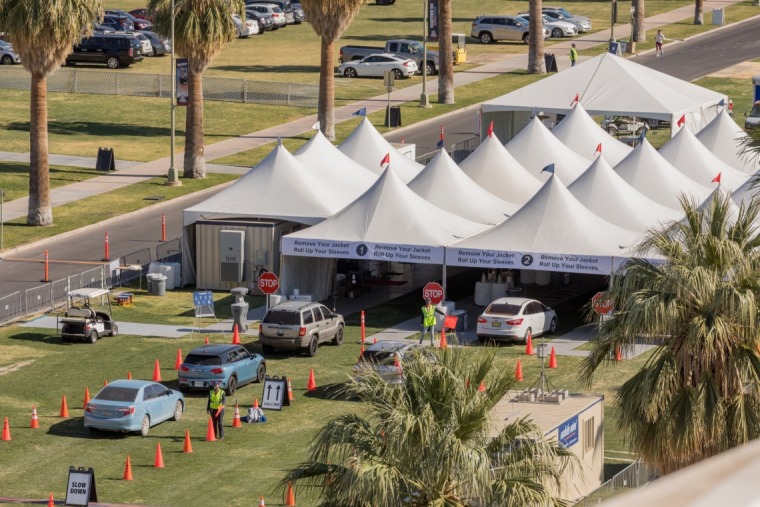
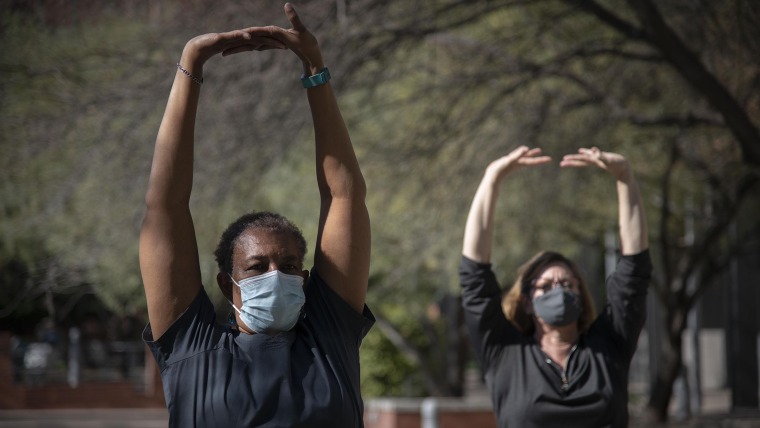
A UArizona Health Sciences research project called Saguaro Study, is designed to identify issues unique to University employees who are at least 50 years old and then test ways to help address or mitigate those concerns among the 5,700 employees in that age group. The team led by BIO5 member and chair of the Department Epidemiology and Biostatistics in the College of Public Health Dr. Zhao Chen, are examining the balance of keep stress in check during the pandemic, while also maintaining physical activity and retaining social connections.


There’s a plethora of medical information available, but because it's usually written by those immersed in the field, it's hard for non-specialists to understand. The University of Arizona has been awarded a $1.5M grant to simplify health information through a free online tool. Dr. Gondy Leroy, associate professor in the Department of Management Information Systems, is leading the research.

A collaboration between the Information School, Computer Science, and Family Studies and Human Development has been awarded a $7.5M grant to develop a theory of mind-based cognitive architecture for teams (ToMCAT). The grant is part of the DARPA Artificial Social Intelligence for Successful Teams (ASIST) program. The collaborating team includes computer science professor Dr. Jacobus Barnard. The project aims to build artificially intelligent agents that understand both the social and goal-oriented aspects of teams in mission-like scenarios and are able to reason about possible interventions.
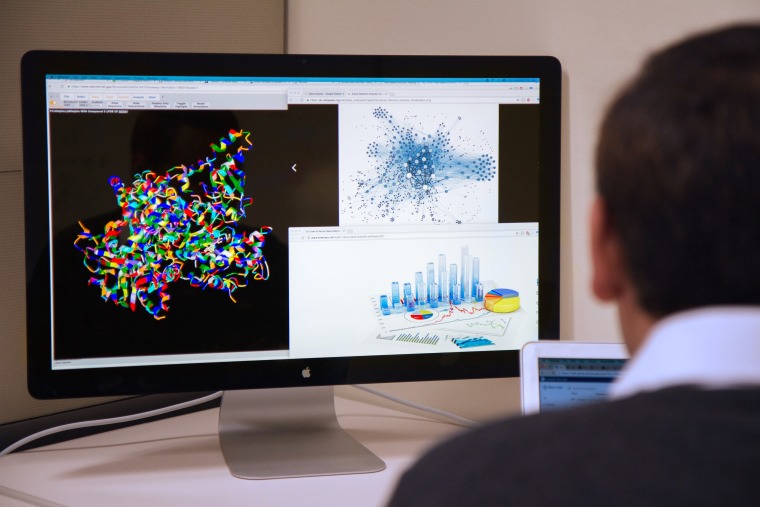
The UA's Data Science Institute, known as Data7, a unit of the Office of Research, Discovery and Innovation, is focused on connecting researchers, fostering collaboration and promoting literacy across campus. UA-TRIPODS, an integrated research and educational institute funded by the National Science Foundation, shares these goals and also is focused on developing new algorithms and foundational approaches necessary for large-scale data-driven research.
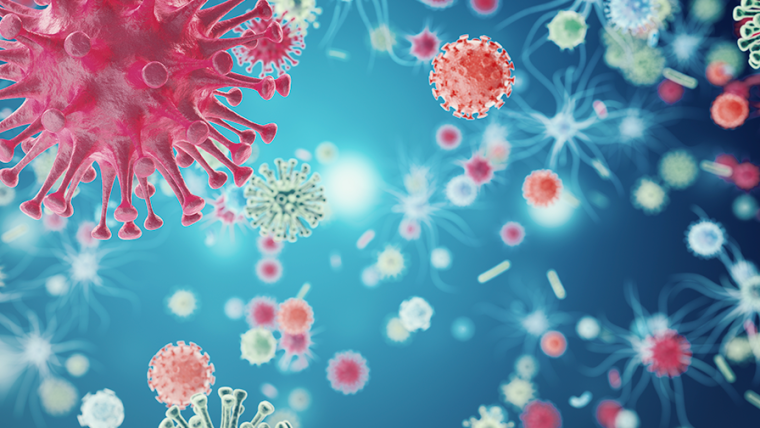
Scientists lead by The BIO5 Institute's Dr. Michael Worobey at the University of Arizona were able to extract from the tissue a nearly complete genetic sequence of an HIV virus — the oldest nearly full-length genetic code for an HIV-1 virus recovered thus far, and one that supports the theory that the virus that causes AIDS began to transmit among people within the first decade or two of the 20th century.
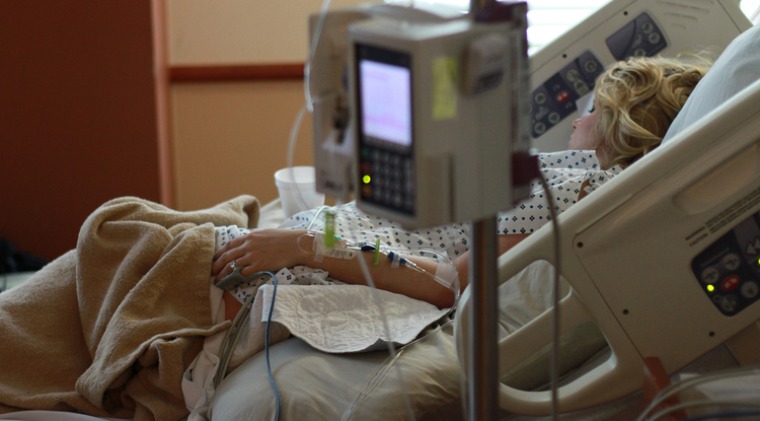
Thrombocytopenia, or HIT, is a deficiency of blood platelets, the cells that help blood clot. A team of UA College of Medicine-Tucson researchers including Associate Vice President and Director of the Center for Biomedical Informatics and Biostatistics at UA Health Sciences, Dr. Yves Lussier, is working in support of a new grant with the aim to identify predictive and early biomarkers for HIT.